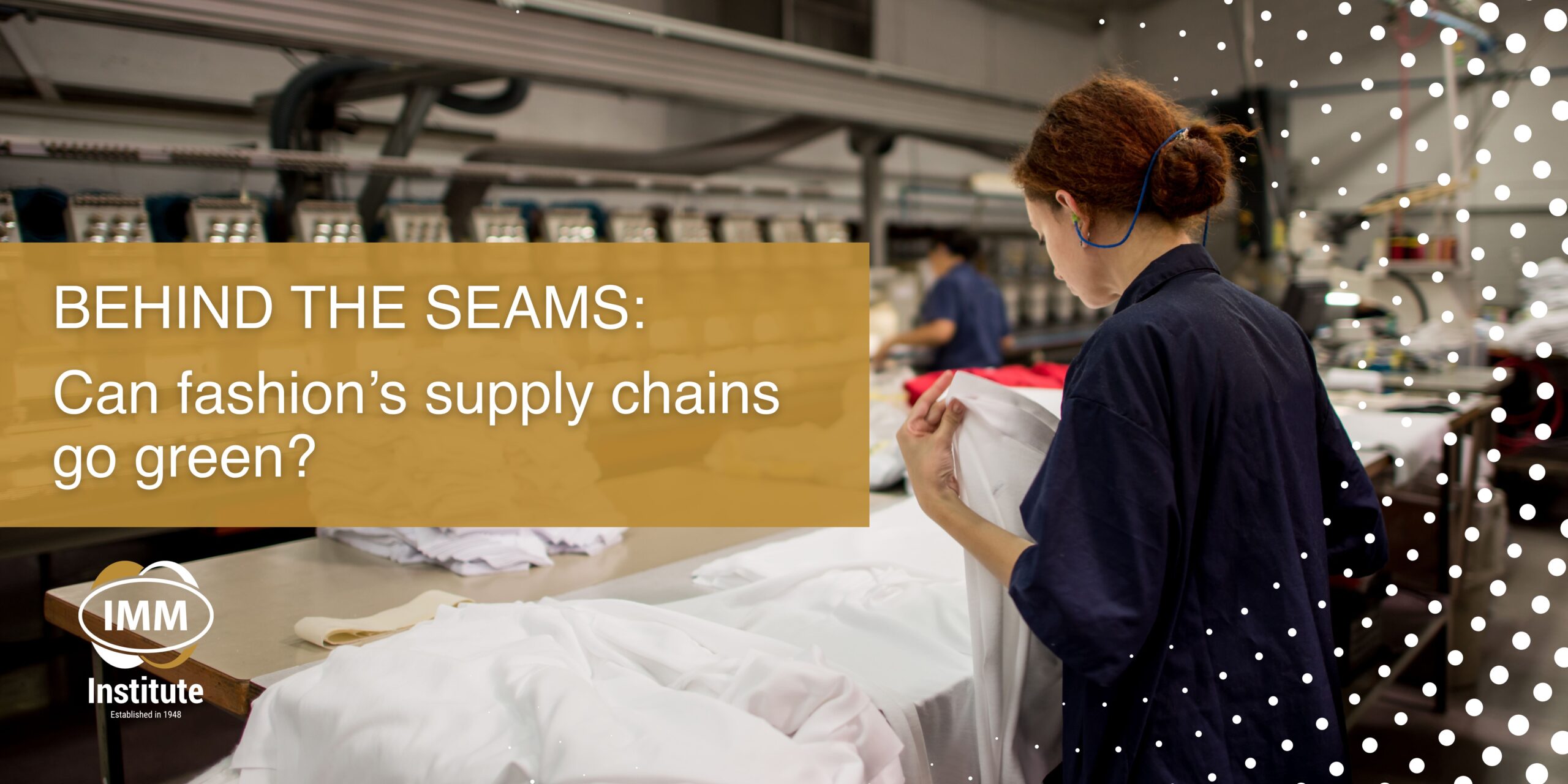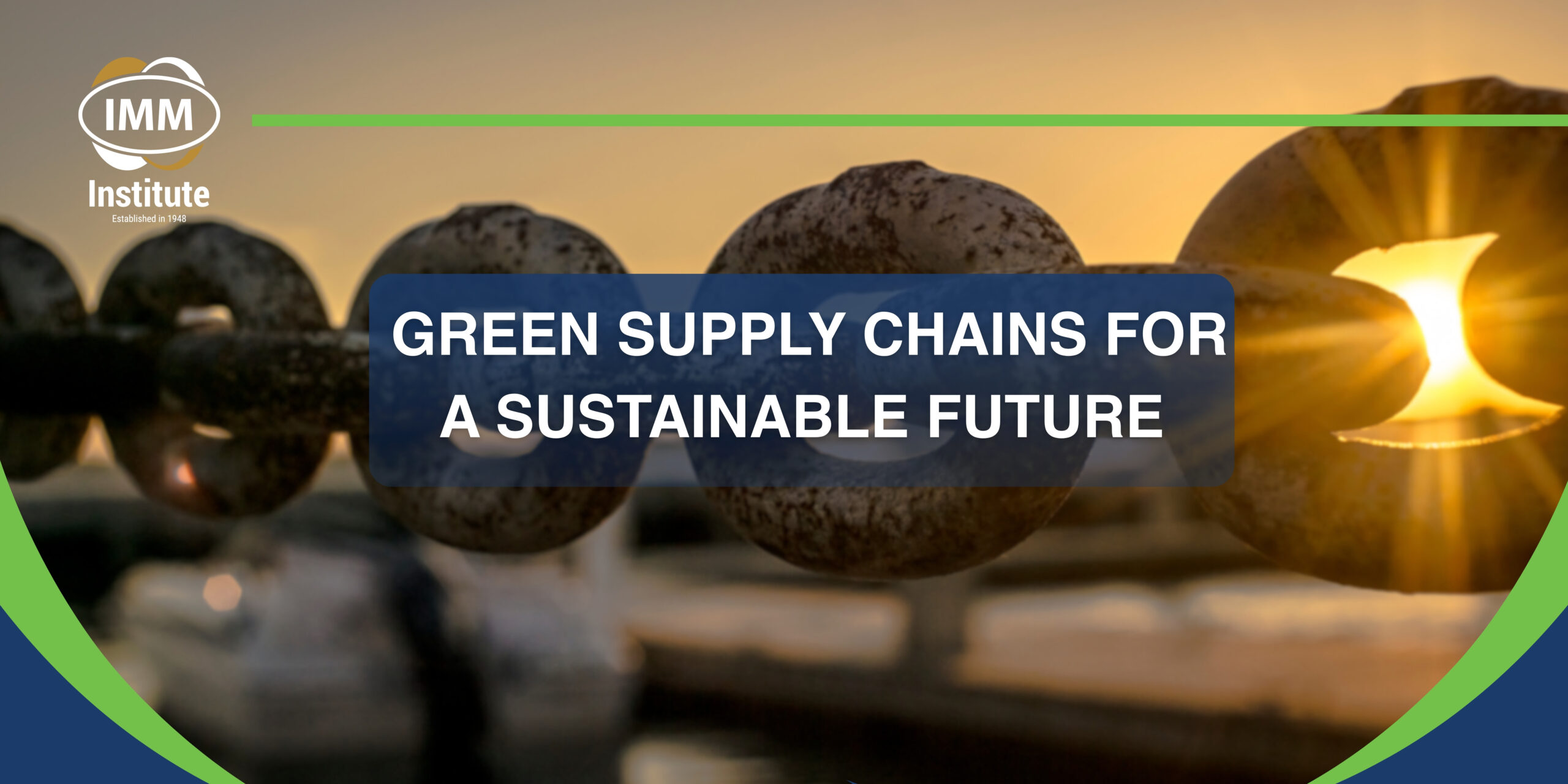
Green supply chains for a sustainable future
From moving goods downstream to stocking shelves, the process is undergoing a quiet revolution. In South Africa and globally, supply chains are being redesigned not only for efficiency but also for environmental protection. Amid climate change, resource scarcity, and shifting consumer expectations, supply chain leaders see the traditional way of doing business slipping away. With this, green supply chains come into the picture.
Circularity: Closing the loop
Traditional supply chains follow the linear “take, make, dispose” model. Circularity is threatening this by keeping materials in use for as long as possible. Consider a logistics system in which the products are designed to be reused, re-purposed, or recycled rather than discarded.
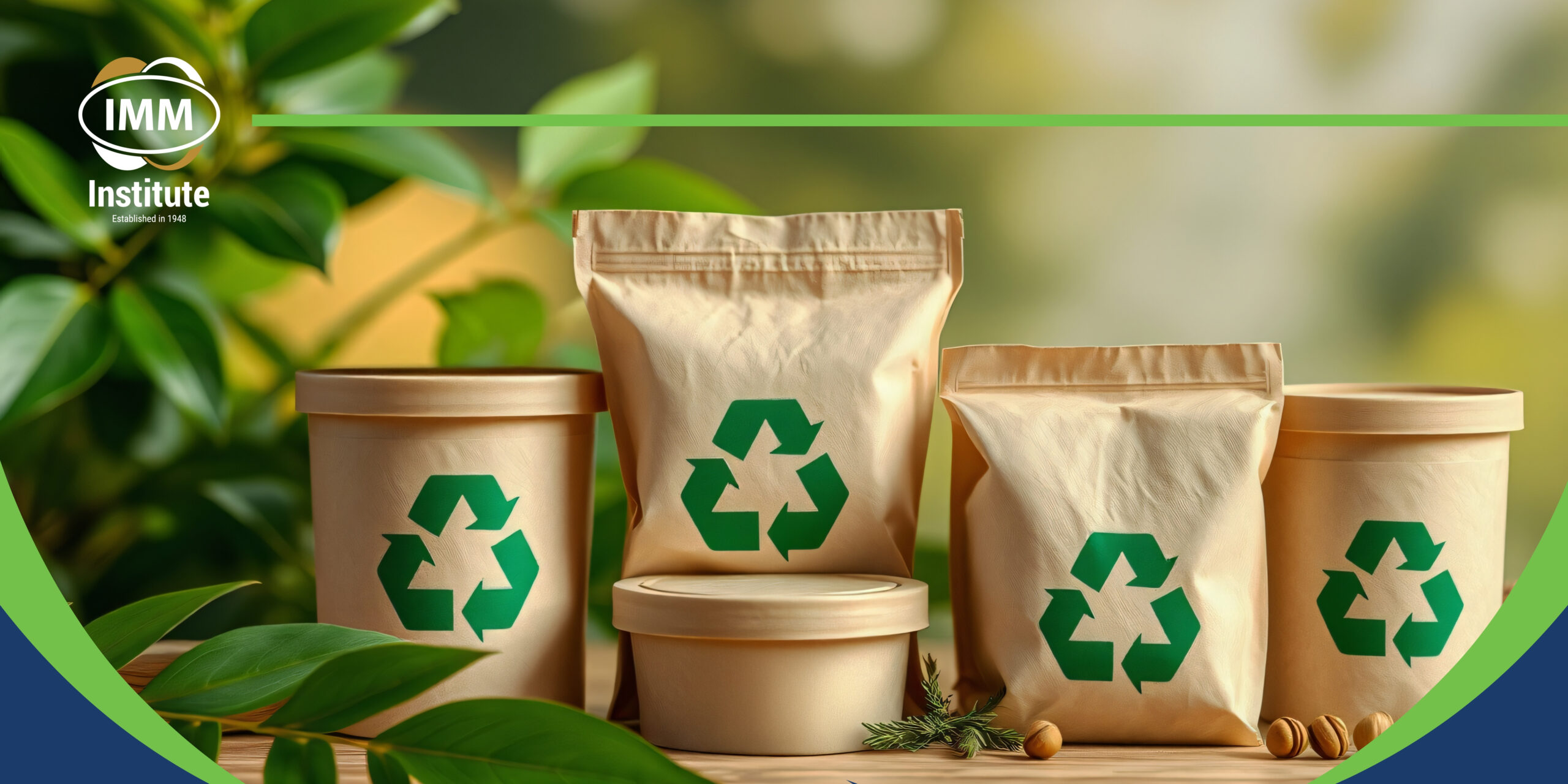
Eco-Packaging: Rethinking the box
Packaging is both the face of a product and a major source of waste. Consumers now expect it to be biodegradable, recyclable, or reusable.
South African supermarkets are responding to this request by the banning of single-use plastics, thereby encouraging shoppers to carry their own bags.
In logistics, eco-packaging is more than design. Lighter packaging cuts fuel use and shipping costs – good for the planet and the bottom line.
[AM1]@Michael van Niekerk I think there is an opportunity to add a nice outbound link here to Amazon or a reputable source that also reported on this specific topic.
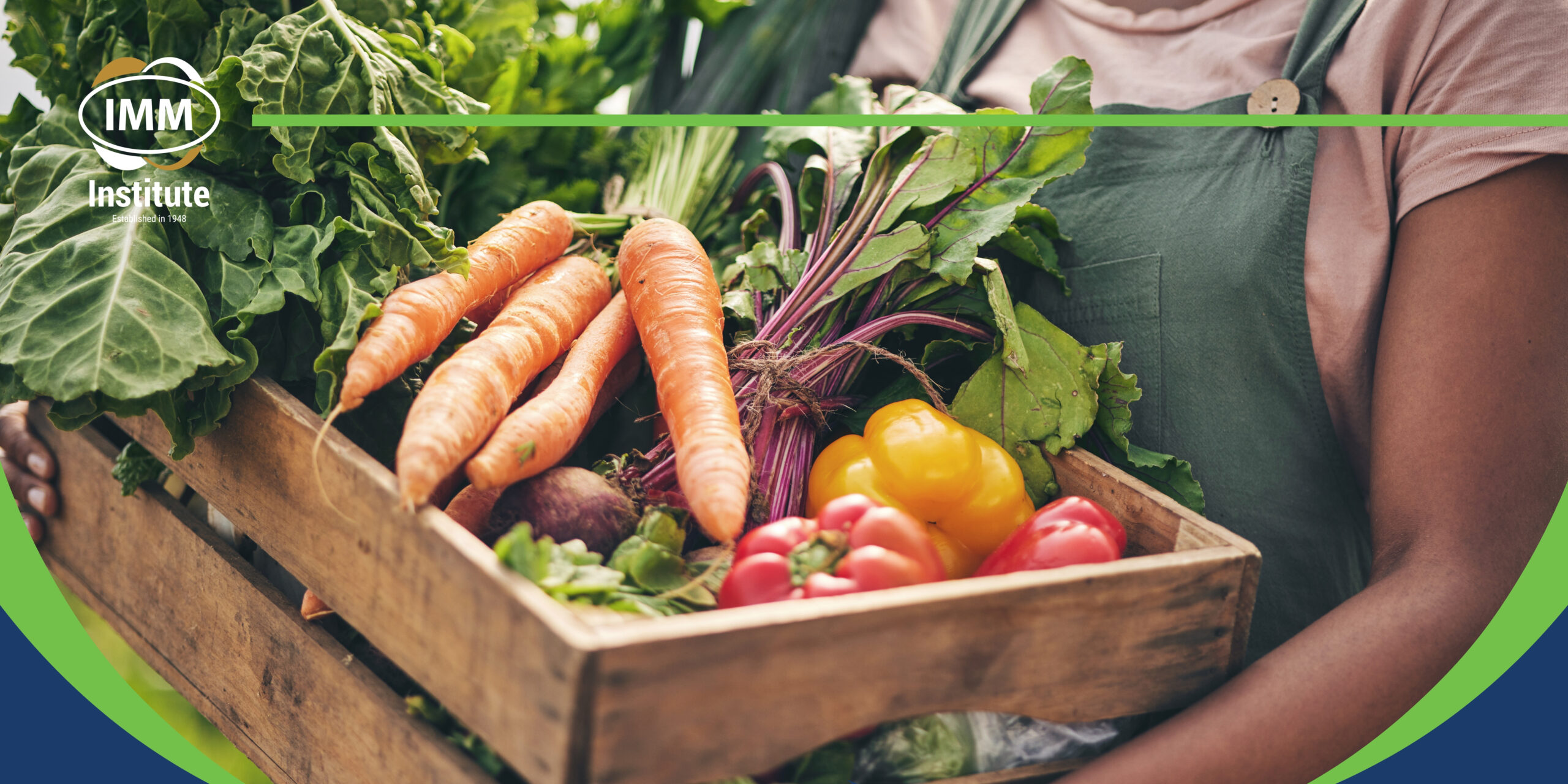
Ethical sourcing: From farm to fork
There is a supply reaction chain behind every product, often stretching across continents. Ethical sourcing will see to it that these networks respect labour rights, community well-being, and environmental standards.
Businesses and retailers have faced the pressure of this expectation as many consumers now place more importance on the origin of the products they’re buying. Some brands have even tried to be as transparent as possible. Examples include brands publishing supplier lists and using blockchain to verify ethical practices – steps that cut carbon footprints and protect human dignity.
Take the next step: Build expertise in green supply chains
As more companies across the world turn to sustainability, professionals who can provide efficient service while still ensuring sustainability of practices have become very highly sought after. Professional Certificate in Transport & Logistics offered by the IMM Graduate School provides you with all the skills you need to design and run sustainable supply chains for the future.
Covering strategy, sustainable logistics, and technology-driven green operations, this course prepares you to drive transformation. In striving to reduce carbon footprint, considering ethical sourcing and fair trade, or simply optimising and enhancing operations for impact in the long run, you will earn all the skills needed to actually bring change.
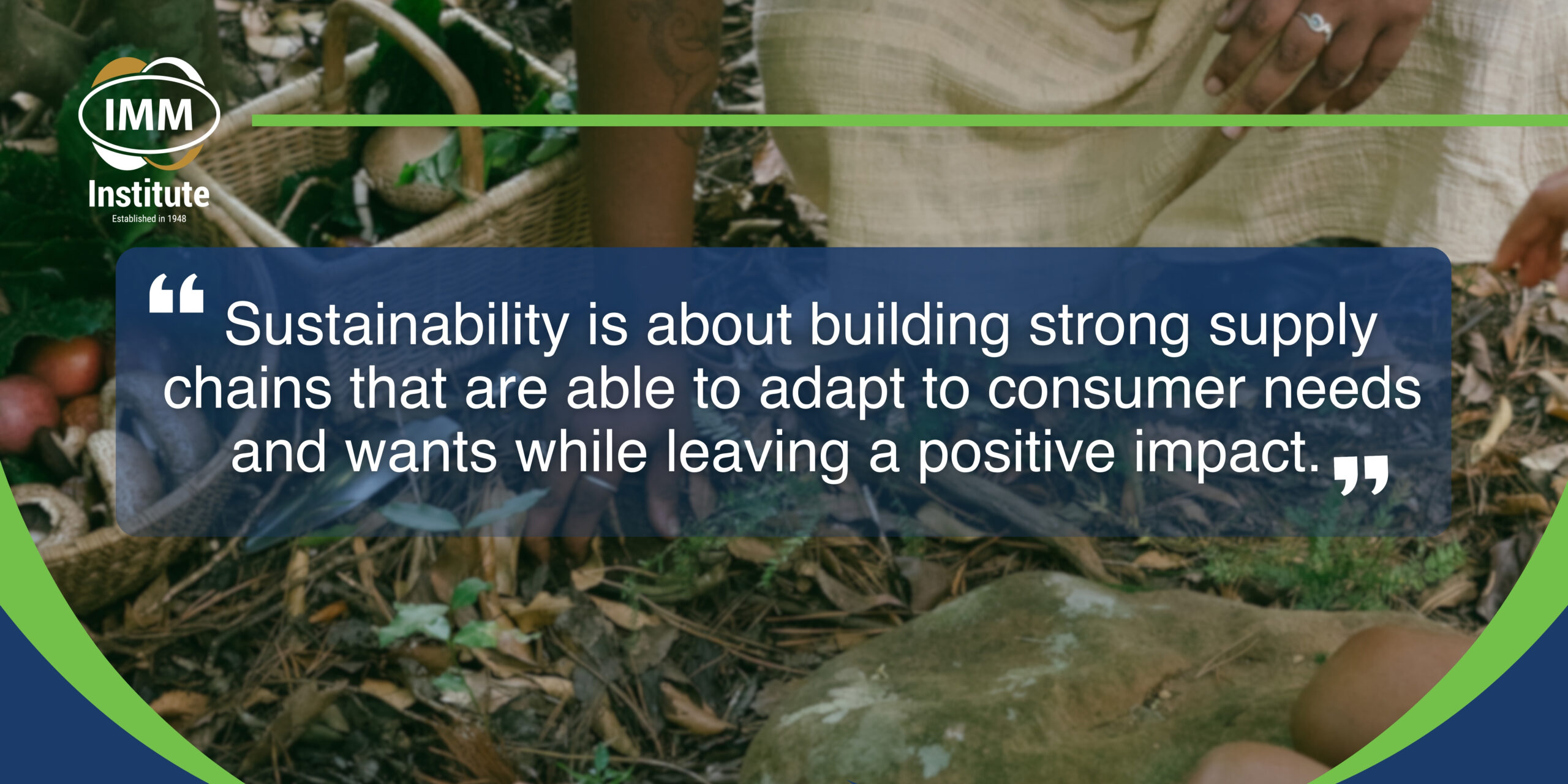
Why it matters for South Africa
Green supply chains aren’t a trend – they’re a pathway to global competitiveness while meeting sustainability demands. For supply chain managers, sustainability is incredibly important and means more than ticking boxes. Sustainability is about building strong supply chains that can adapt to consumer needs and wants while leaving a positive impact.







